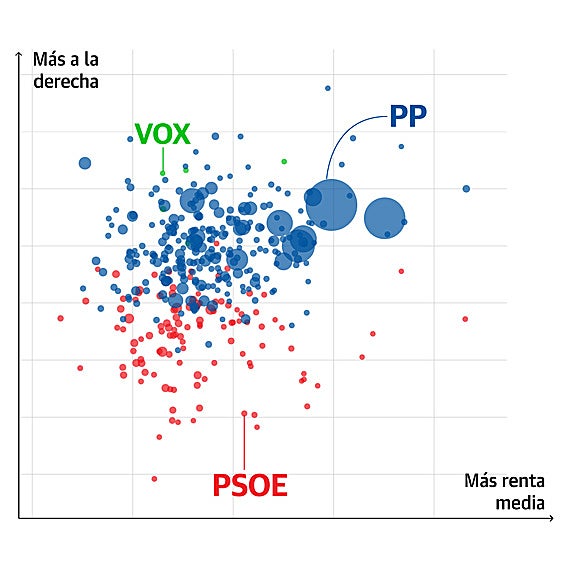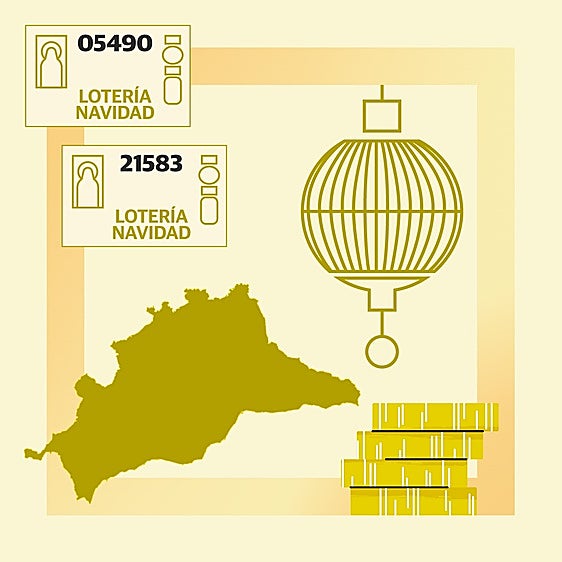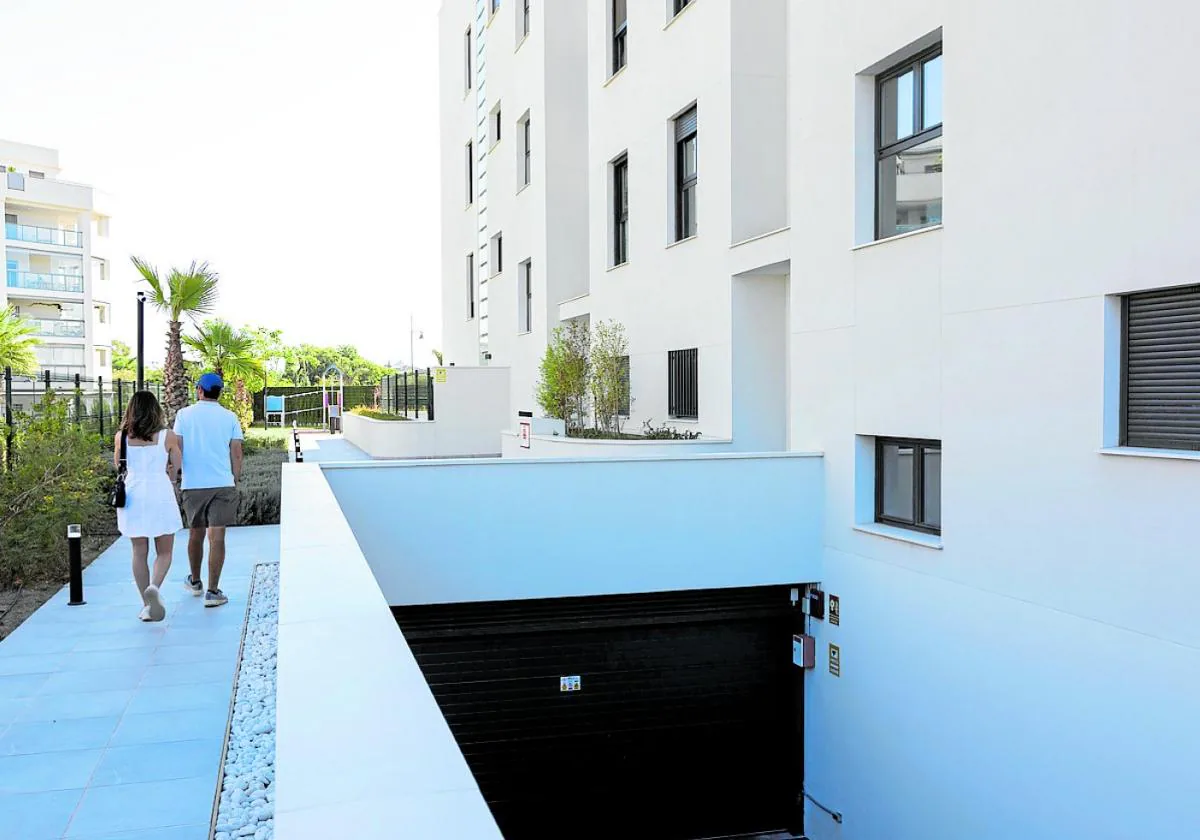The 'nightmare' of living with tourist flats on the Costa del Sol
Residents in the Azahar development in Playamar describe a daily life marked by noise, parties and threats that make normal life "impossible"
Matías Stuber
Torremolinos
Friday, 13 September 2024, 13:06
The last days of summer in Playamar and Los Álamos in Torremolinos: the sun is shining, temperatures are pleasant and palm trees line a path that looks like something from a postcard. The sea is clear and invites you to go for a swim. The area, until not so long ago nothing but wasteland, is filling up with new developments that suggest that this apparent paradise can also be squeezed into four walls and made into a home. It was this idea that tempted a group of residents into buying flats in a development that goes by the pleasant name of Azahar (meaning orange blossom). Two or three-bedroom homes and duplex penthouses on the almost invisible border that separates Torremolinos from Malaga city.
What was a dream started to go wrong very quickly. The problem lies in the tourist flats that have been operating in the complex since the homes were handed over to their new owners in July last year. The headaches stem from the combination under the same roof of two concepts that clash and lead to despair among residents.
"This was meant to be idyllic, but it has turned into a nightmare," says local resident María, (not her real name - she has asked for her identity to be withheld for fear of "reprisals").
In the same situation are the rest of the homeowners who have contacted this newspaper to report what is "impossible coexistence". Their day-to-day life is marked by the late night parties, loud music, drug use and drunken behaviour of those who come to spend a few days partying in Torremolinos and choose to stay in one of the tourist flats operating in the building.

A night in a ground floor apartment overlooking the pool costs 145 euros on Airbnb. A two-bedroom flat is advertised for up to six people. If you divide the price of the stay, the result is a bargain compared to the cost of a hotel. A scan of the usual platforms reveals the existence of numerous holiday rentals in the area.
María, who is in her 50s and lives with her retired husband, has a flat directly above one of these tourist apartments. "During the two main summer months I have seen a whole range of uncivilised behaviour. Music in the early hours of the morning, parties in the flats, drinking in the communal areas, drug use on the terrace..." she explains.
In this succession of events, the residents are the clear victims. Ramón (his name has also been changed), a retired teacher, lives with his partner who is undergoing cancer treatment.
"Sleepless nights"
"In April activity started to intensify. Every day you bump into complete strangers. Sleepless nights have become the norm. If it's not because music is blaring out in the middle of the night, it's because they're ringing your doorbell because they don't know how to use the intercom properly," he explains.
He still remembers the threats he received from a group of Germans and Albanians when he warned that alcohol could not be consumed around the swimming pool. "I've had several episodes like that in recent months. To the point of being scared. In the end, sad as it may seem, you stop going down to the pool," he says.
This feeling of being strangers in their own neighbourhood is shared by all the residents. "If someone takes your parking spot once, it's not a big deal. The second time, it's still manageable. But when it becomes a recurring issue, you realise it's something that's changing your way of life, and that shouldn't be the case," explains one of the younger residents.
Each story is different, but they all have something in common: excitement turning to despair. Something they could not have imagined when they paid between 500,000 and 900,000 euros to buy a flat here. "It was sold to us as a high-end flat and we were assured by the developer that there would be no tourist housing here," María says.
"Feeling swindled"
The first surprise came on the day the community of owners was formed. "The developers even hired a catering service. They wanted to make it a festive event. The residents had discussed among themselves that the first point should be to establish the prohibition of tourist flats in the building. When we expressed this, we were told that there were already a number of such flats, and that they had been registered as such on the day the deeds were signed," says another resident who lives next door to a tourist flat. The feeling of "having been swindled gripped everyone", he explains.
Most have invested all their savings or have mortgaged themselves for many years to buy here. There are some who have already put their flat up for sale. When asked the reason, the answer is direct. "We were looking for a home and not a hotel. On top of that, a hotel where there is no one to monitor uncivilised behaviour," Ramón says. Any attempt to mediate with the owners of the tourist flats would have been useless.
The hopes of these residents are now pinned on Torremolinos town hall. They have requested a meeting with the mayor, Margarita del Cid, and hope to be received as soon as possible.
The council announced last July that it will prohibit the tourist use of dwellings without independent access and services. "That would be our case," says María.



